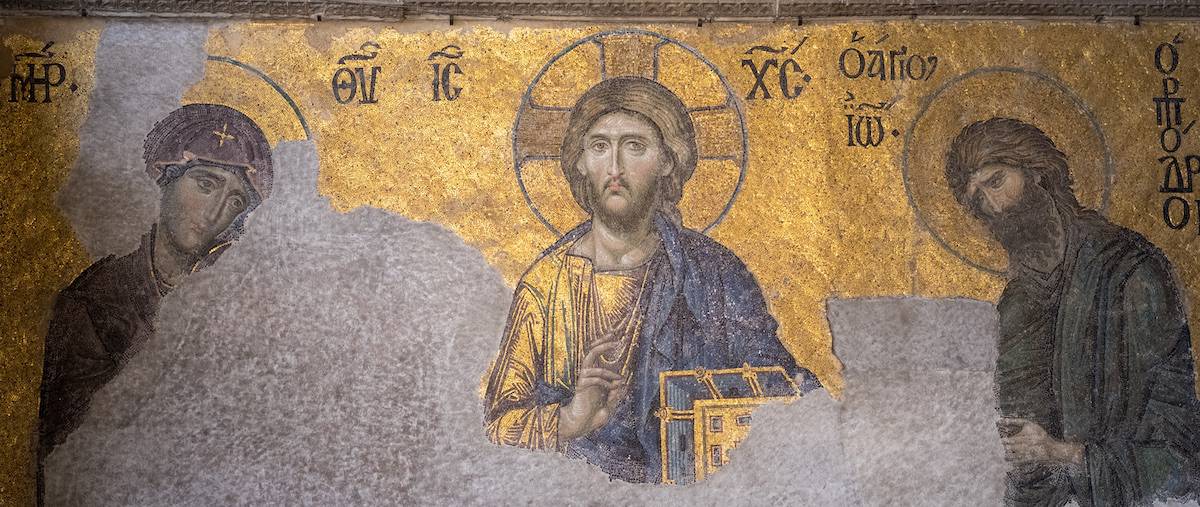Dear Parishioner,
Redemptorist Denis McBride provides the following scenario: Picture this, he says, the scene is a desolate street in London. It is a wet, murky, miserable night in early winter. A few lights glimmer from shabby houses as a man walks down the street with his coat collar high around his neck. He shivers with cold and pulls the wet garment tighter around his body. He comes to a stop under a lamppost, a door bangs in the background and a dog whines. The man takes a cigarette out of his pocket and as he lights it he exhales a long comforting whiff of smoke. He smiles to himself and walks on into the night. As he does so a voice from the screen says “You are never alone with a Strand.”
This was an advert from the late fifties and some of you will remember it (I think I do, but not entirely sure we had a TV then). Everyone who did see this Hitchcock-esque advert certainly remembered it but – and here’s the point – very few bought the cigarettes and apparently they were taken off the market in a matter of weeks. Why? Because they were associated with a lonely man, a deserted street, a dismal night in a run-down area. Who wants to associate with a package of neglect? People didn’t buy Strand cigarettes because they didn’t want to buy into the shabby world associated with it. A cursory glance at any form of social media will confirm the recipe for today’s 30-somethings and younger: money, looks, brand, influencers and followers…..
And speaking of which, who in their right mind would want to follow in the footsteps of someone who was heading nowhere, someone who seemed destined for failure? We know from our own experience that in the presence of some people our lives are richer and fuller. They make an impact on us and we enjoy being in their company. Jesus himself must have made quite an impact on his small group of followers for them to have left the security of familiar ways to follow him. Peter’s profession of faith in Jesus occurs in each of the three synoptic gospels. In today’s account from Luke Peter is neither praised nor blamed, Jesus simply gets to the point: following me will result in suffering. Are we still going to buy into the ‘brand’?
Jesus is here promoting the question about his own identity in asking what do people say about me? This is always a risky thing to do because we just might not like the response we hear. And the results of that we constantly see across social media. In Jesus’ case the replies are not exactly encouraging. So he moves on and asks: so what about you? Who do you say I am? The question we tend to ask “Who do you think you are?” doesn’t put the questioner at risk. Jesus however risks his question. Peter believes Jesus to be the Christ, the Messiah, but not the Messiah with the popular overtones of triumph. Rather, this Messiah has to suffer for his identity and what is more, so too will his followers. Yet the disciples are no fools, they will not follow someone programmed for failure. They follow someone they sense is not kidding them; someone who faces reality with enormous courage and commitment. Every commitment to love means a willingness to suffer, at least for a while. And it’s that kind of commitment that Jesus still expects of all who follow him.
Perhaps the strapline ‘You are never alone with a Strand’ could equally be re-applied: You are never alone in the company of Jesus.





